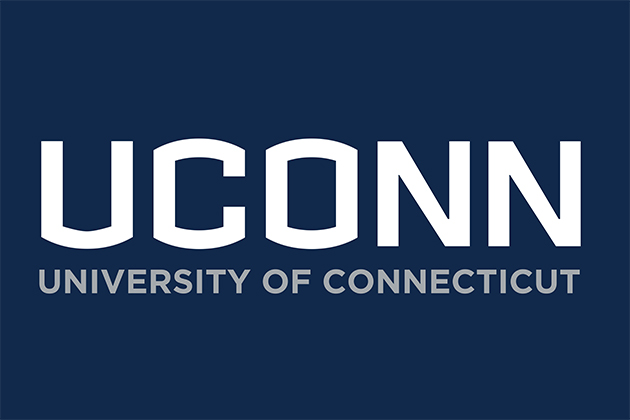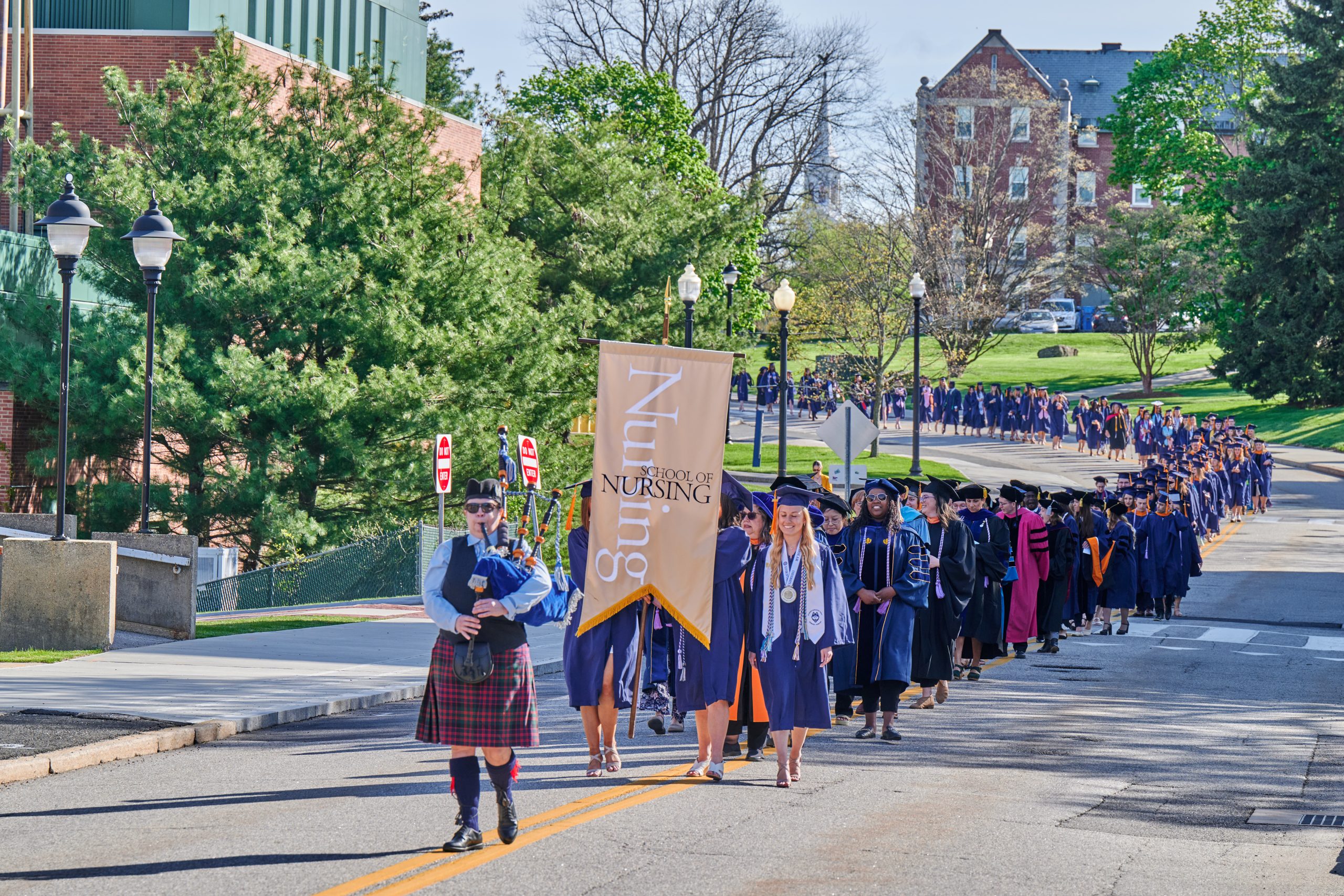UConn continues to monitor travel restrictions issued by the White House and their implications on the University’s campuses, and is updating its resources to spell out new guidelines in response to the revised executive order released Monday.
A working group of UConn faculty, staff, and students who have been examining the implications of the previous order will review the new parameters, and the Office of International Student and Scholar Services has updated its website to address questions from those affected and their supporters.
President Trump’s updated executive order, which goes into effect March 16, removes Iraq from the list of countries whose visa-holding citizens were barred entry to the U.S. It also specifies that residents of six other countries – Sudan, Syria, Iran, Libya, Somalia, and Yemen – do not face the 90-day entry ban if they already have valid visas.
However, UConn continues to advise international students, scholars, and their accompanying dependents from these countries not to travel outside of the U.S., as they face a risk of being denied re-entry.
“We in the UConn community are fortunate to work in a place that offers us opportunities to engage with people from around the world, and we value our international students, scholars, and staff immensely,” said Daniel Weiner, UConn’s vice president for global affairs.
“The University is committed to providing clear information and compassionate support to help these individuals and their families throughout the process, and as the travel regulations evolve,” he added.
Additional information can be found on UConn’s Office of International Student and Scholar Services page, including details about practical implications for international students and scholars. That office is also reaching out to UConn students and employees from the affected countries to update them on specifics, and plans to hold an informational session later this week.
A total of 87 people associated with UConn and currently on campus are affected by the executive orders, not including at UConn Health. Most are from Iran and are graduate students, visiting scholars, researchers working in positions related to their field of study, or dependents of any of those individuals.
International students are vital members of the UConn academic community, with more than 3,300 enrolled international students in the 2016-17 academic year. Students from Iran comprise UConn’s fifth-largest international student population.
UConn also continues to discuss ways to support its undocumented students and their allies, with many of the specifics contained in a letter that President Herbst sent recently to the campus community. She also addressed the travel ban last month in another message to students, faculty, and staff.



